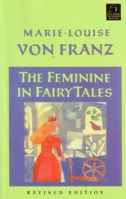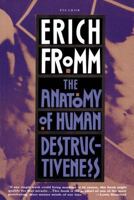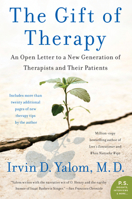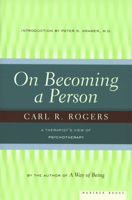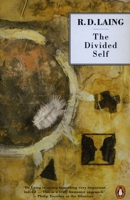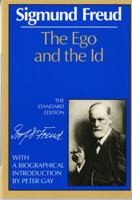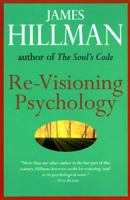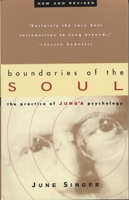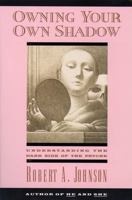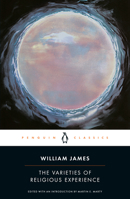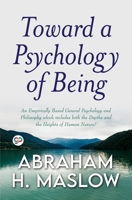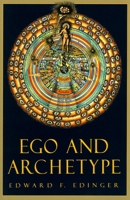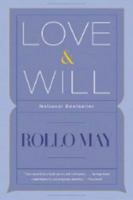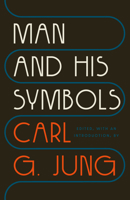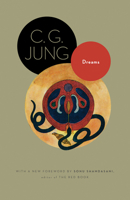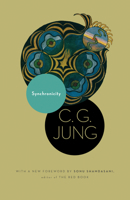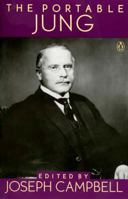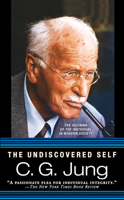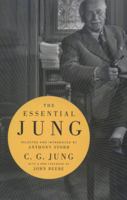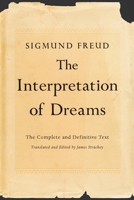Erinnerungen, Träume, Gedanken. Aufgezeichnet und herausgegeben von Aniela Jaffé
Select Format
Select Condition 
You Might Also Enjoy
Book Overview
Customer Reviews
Rated 5 starsJordan Peterson recommended this book on LinkedIn.
I read this book cover to cover. It was the fifth book in a book a month, six month challenge. The most alarming thing about this read. Was not how easy and comfortable it was. It was actually the fact that Carl Jung and I have one glaring thing in common. We both love to think about that abstract. Which is not polite to talk about in public. We walk there mentally all the time. His lack of understanding of Hindu fell into...
2Report
Rated 4 starsThe correct understanding of Jung's compensation theory
According to Jung, the unconscious tries to "compensate" the "lopsidedness" in the conscious attitude, and dreams are part of this process. He says: "The relation between conscious and unconscious is compensatory. This is the best proven rule of dream interpretation" (Collected Works, Vol. 16). The examination of Jung's dream interpretations reveals that what he calls "lopsidedness" is a harmful mistake, or a harmful mental/behavioral...
5Report
Rated 5 stars"But Who Manipulates The Apparatus?"
More than any other work in his oeuvre, Carl Jung's biography, Memories, Dreams, Reflections (1961) takes the reader inside the mind of the eminent Swiss psychologist. Jung was both a self-admitted gnostic and an introvert, and this very personal account of his life, which he was completing at the time of his death, is correspondingly subjective in tone. Jung had a difficult but remarkable childhood, to which he devotes...
1Report
Rated 5 starsThe Myth of the Man, Look elsewhere for Biography
"What we are to our inward vision, and what man appears to be sub specie aeternitatis, can only be expressed by way of myth. Myth is more individual and expresses life more precisely than does science... Thus it is that I have now undertaken, in my eighty-third year, to tell my personal myth. I can only make direct statements, only "tell stories." Whether or not the stories are "true" is not the problem. The only question...
1Report
Rated 5 starsGreat Book
This book is less complicated than most of Jung's other writings and really explains the man Carl Jung. I highly recommend the book to anyone studying Jung. I would also recommend the book an Encounter With A Prophet.
1Report














